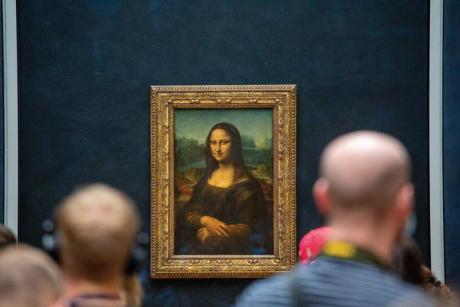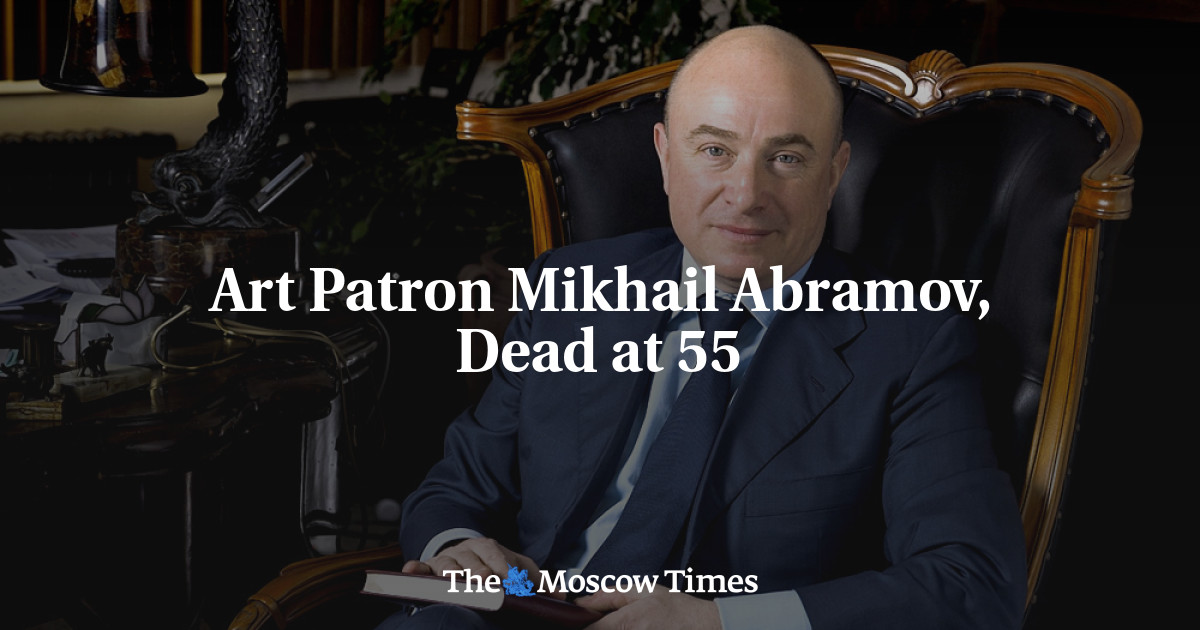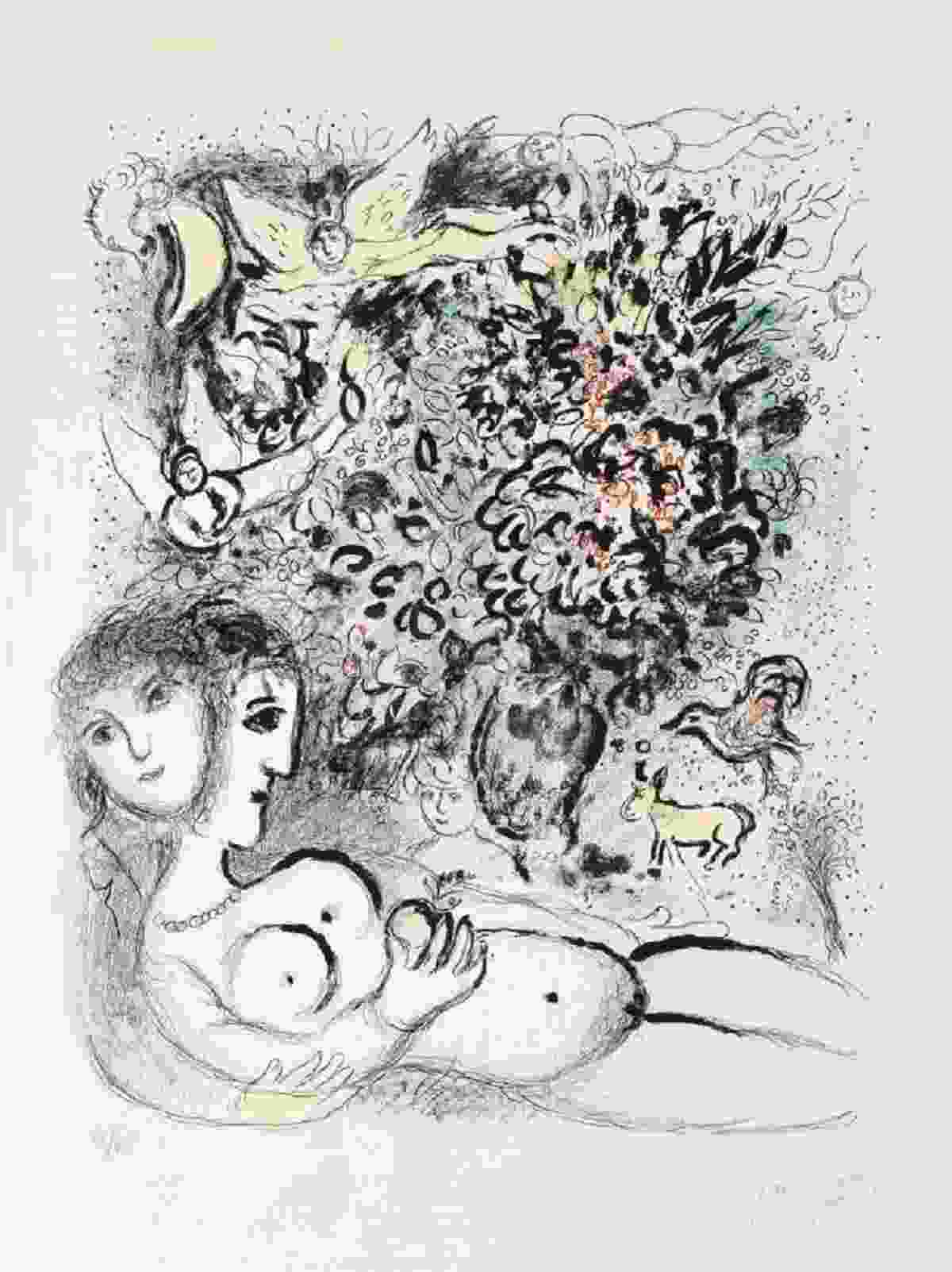The Crime of Art
2017 - Film & Video (Film & Video)
2:32 minutes (looped)
Kota Ezawa
The Crime of Art is an animation by Kota Ezawa that appropriates scenes from various popular Hollywood films featuring the theft of artworks: a Monet painting in The Thomas Crown Affair (1999), a Rembrandt in Entrapment (1999), a Cellini in How to Steal a Million (1966), and an emerald encrusted dagger in Topkapi (1964). Ezawa uses his signature cartoon-like style to remix and reenact these crime scenes, leaving only the artworks as “real” objects (as they are depicted in the films), rather than illustrating them. Reversing fiction and reality in an unexpected way, this gesture invites the viewer to question the reliability of the visual footage. Ezawa describes his artistic oeuvre as “a form of image theft” and focuses on appropriation and mediation of images through his works. Borrowing scenes from Hollywood films, The Crime of Art is in line with the tendency of the artist to copy and to manipulate imagery that belongs to popular culture. By focusing on stolen art, Ezawa rethinks the conceptual underpinnings of his work in relation to the dilemma of theft and ownership. These become urgent questions at a time when the manipulation of digital images is a part of our daily lives, blurring the line between real and fake. Through this work, the artist also questions the fragile nature of the museums that “own” objects with major cultural significance—whether looted, exchanged, bought, or donated from other cultures and geographies—many of these objects carry with them problematic histories.
Kota Ezawa borrows images from the news, art history, and pop culture and turns them into cartoon-like stories. He produces flat and two-dimensional imagery via his light-boxes, works on paper, and animations. These works are often inspired by important moments in history, such as the assassinations of John F. Kennedy and Abraham Lincoln, the O.J. Simpson trial, and media coverage of former National Football League (NFL) player Colin Kaepernick kneeling during the national anthem as a symbol of protest. Ezawa’s animations, which he describes as “moving paintings,” make use of a labor-intensive technique that requires the artist to recreate each frame with close attention, producing hundreds of illustrations via digital drawing and animation software. He is best known for a signature style that embraces vibrant colors and simple forms, stripping detail from images to leave only essential attributes and environments. This reductive technique does not diminish the power of the image, as it turns to the familiar historical or cultural context to fill any gaps left by the artist’s erasures. However, the gesture also invites viewers to think about how these erasures might destabilize the reliability of public memories, highlighting the faulty process of collective remembering and what it tends to overlook.
Colors:
Related works of genres: » san francisco art institute alumni
» see more

© » KADIST
Barry McGee
Barry McGee’s Untitled is a collection of roughly fifty, framed photographs, paintings, and text pieces clustered together in corner...

© » KADIST
Ana Teresa Fernández
2011The artist writes about her work Borrando la Frontera, a performance done at Tijuana/San Diego border: “I visually erased the train rails that serve as a divider between the US and Mexico...

© » KADIST
Nao Bustamante
2010Silver & Gold combines video, performance, and original costumes into a self-proclaimed “filmformance” that evokes the legendary filmmaker Jack Smith and his tribute to 1940s Dominican movie starlet Maria Montez in a magical and joyfully twisted exploration of race, glamour, sexuality, and the silver screen...
Related works featuring themes of: » Animation, » Appropriation Art, » Art and Technology, » Collage, » German
» see more

© » KADIST
Minouk Lim
2012The Possibility of the Half by Minouk Lim is a two-channel video projection that begins with a mirror image of a weeping woman kneeling on the ground...

© » KADIST
Mark Leckey
2004In Made In Heaven , we are face to face with a sculptural apparition, a divine visitation in the artist’s studio...
Other related works, blended automatically
» see more

© » KADIST
Kota Ezawa
2002The Simpson Verdict is a three-minute animation by Kota Ezawa that portrays the reading of the verdict during the OJ Simpson trial, known as the “most publicized” criminal trial in history...

© » KADIST
Chen Shaoxiong
2006After engaging primarily with video and photography for more than a decade, Chen turned to painting to explore the issue of urban change and memories—both personal and collective...
Related works sharing similar palette
» see more

© » KADIST
Imran Qureshi
2017At first glance, This Day by Imran Qureshi appears to be an energetic, gestural painting reminiscent of Action Painting from the mid-20th century...
Related works from the » 2010's created around » San Francisco, California
» see more

© » KADIST
Will Rogan
2010MUM , the acronym used to title a series of Rogan’s small interventions on found magazines, stands for “Magic Unity Might,” the name of a vintage trade magic publication...

© » KADIST
Phillip Maisel
2015While his works can function as abstract, they are very much rooted in physicality and the possibilities that are inherent in the materials themselves...

© » KADIST
Will Rogan
2014Will Rogan’s video Eraser (2014) shows a hearse parked in a clearing amidst leaf barren trees...

© » KADIST
Clarissa Tossin
2017Clarissa Tossin’s film Ch’u Mayaa responds to Frank Lloyd Wright’s Hollyhock House (constructed 1919–21) in Los Angeles, an example of Mayan Revival architecture...
Other works by: » Kota Ezawa
» see more

© » KADIST
Kota Ezawa
2002The Simpson Verdict is a three-minute animation by Kota Ezawa that portrays the reading of the verdict during the OJ Simpson trial, known as the “most publicized” criminal trial in history...

© » KADIST
Kota Ezawa
2014Paint and Unpaint is an animation by Kota Ezawa based on a scene from a popular 1951 film by Hans Namuth featuring Jackson Pollock...
Related artist(s) to: Kota Ezawa » Leslie Shows, » Trevor Paglen, » Amy Franceschini, » Andrea Higgins, » Chris Johanson, » Colter Jacobsen, » Desirée Holman, » John Bankston, » Jordan Kantor, » Josephine Taylor
» see more

© » KADIST
Leslie Shows
Human Quarry is a large work on paper by Leslie Shows made of a combination of acrylic paint and collage...

© » KADIST
Jordan Kantor
2009Eclipse is a series of screenprints from Jordan Kantor’s larger vitrine installation that included reworkings of a single image of a small group viewing an eclipse through shielding cut-outs...

© » KADIST
Colter Jacobsen
2010The title Untitled Passport II was first used by Felix Gonzalez-Torres in an unlimited edition of small booklets, each containing sequenced photographs of a soaring bird against an open sky...

© » KADIST
Jordan Kantor
2008Lens Flare and the series Untitled Basel Lens Flare (6168, 5950, 7497) were part of a solo project by the artist presented at ArtBasel in 2009...
Related works found in the same semantic group
» see more

© » THEARTNEWSPER
Kentucky man who defrauded local art organisations gets prison time Art market Museums & heritage Exhibitions Books Podcasts Columns Technology Adventures with Van Gogh Search Search Crime news Kentucky man who defrauded local art organisations gets prison time The FBI apprehended the man, who took $340,000 from the ArtWorks Community Arts Education Center and Russell County Arts Council, as he disembarked from a cruise ship in 2022 Theo Belci 11 December 2023 Share The ArtWorks Community Arts Education Center in Jamestown, Kentucky, one of two arts organisations in the state defrauded by Charles Davis Photo via ArtWorks Community Arts Education Center/X Kentucky resident Charles Davis has been found guilty of defrauding two local arts organisations, the ArtWorks Community Arts Education Center in Jamestown and Russell County Arts Council (RCAC) in Russell Springs...

© » THEARTNEWSPER
Missing Mona Lisa: the story behind the 1911 theft of Leonardo’s masterpiece Art market Museums & heritage Exhibitions Books Podcasts Columns Technology Adventures with Van Gogh Search Search Books feature Missing Mona Lisa: the story behind the 1911 theft of Leonardo’s masterpiece The author of a new book tells us why it was stolen and how Picasso got embroiled in the scandal Gareth Harris 6 February 2024 Share A museum worker called Vincenzo Peruggia stole the Mona Lisa in August 1911...








